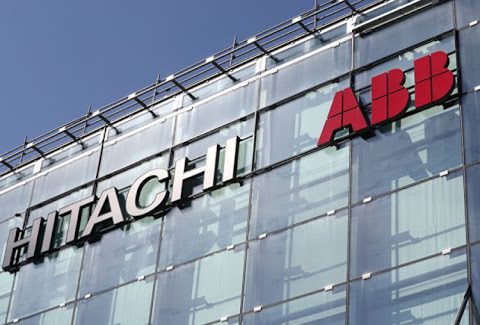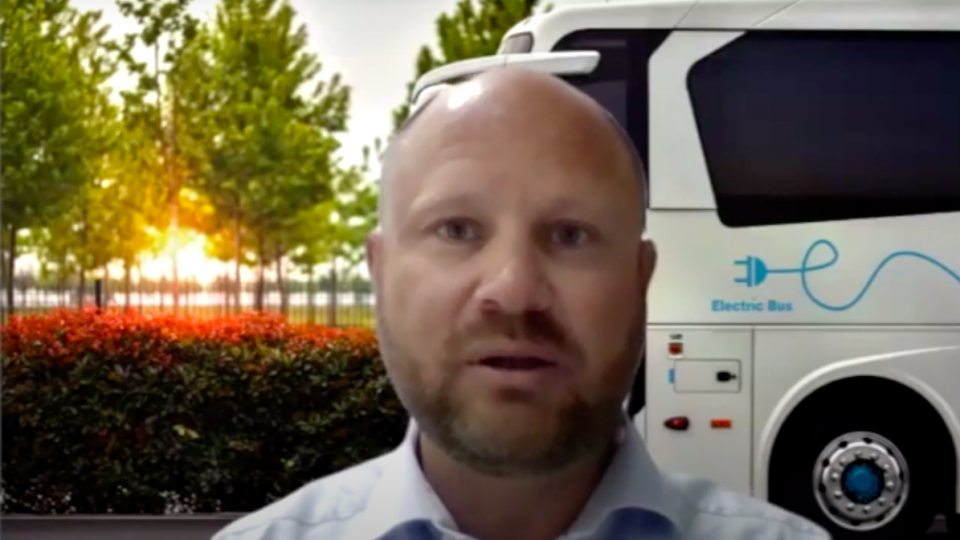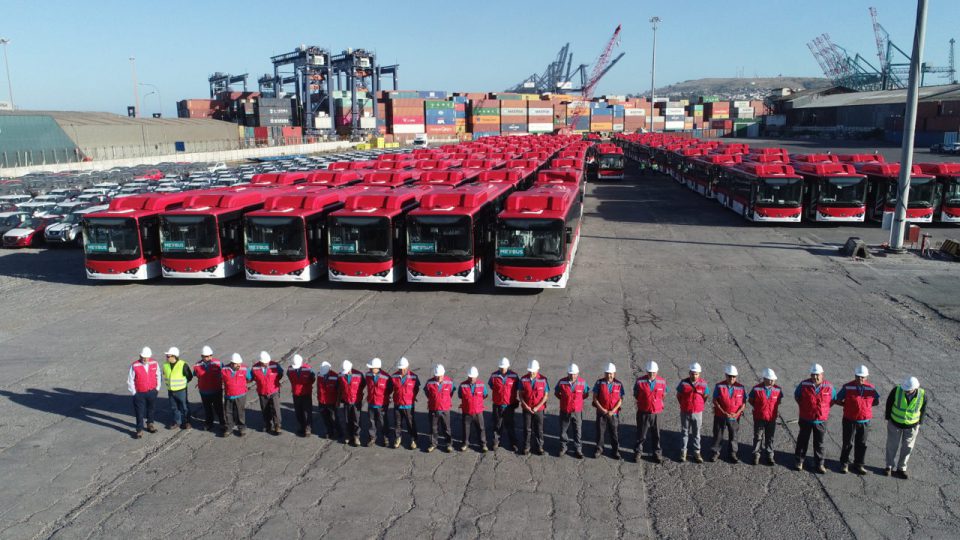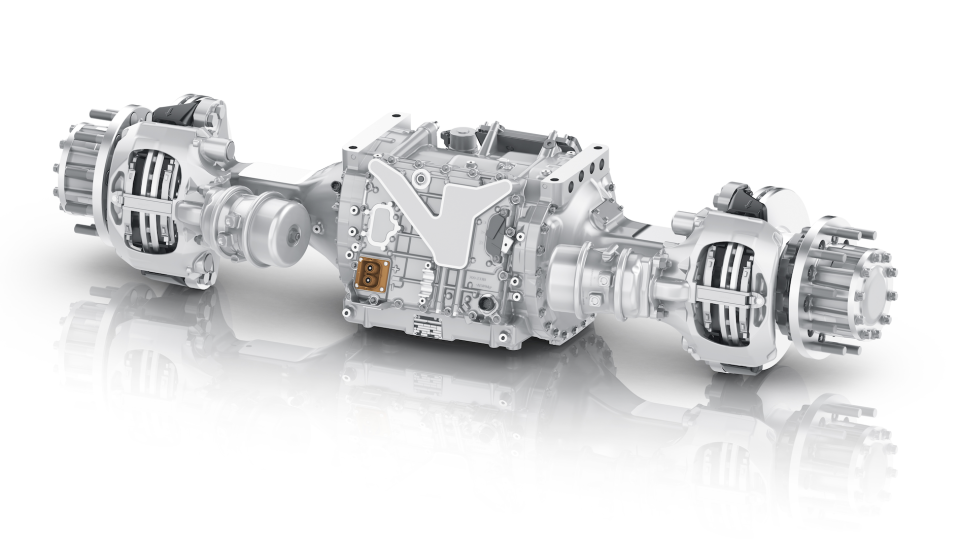Hitachi ABB Power Grids is set to become Hitachi Energy since October 2021
Hitachi ABB Power Grids is set to become Hitachi Energy. Change of denomination in view for the company, coinciding with its first-year anniversary. Name and corporate brand will be changed since October 2021 The decision to change name has board and shareholder consent and coincides with the business’ first-year anniversary since it started operations on 1 July, […]

Hitachi ABB Power Grids is set to become Hitachi Energy. Change of denomination in view for the company, coinciding with its first-year anniversary. Name and corporate brand will be changed since October 2021
The decision to change name has board and shareholder consent and coincides with the business’ first-year anniversary since it started operations on 1 July, 2020. Hitachi Ltd. has an 80.1 percent stake in the joint venture and ABB Ltd. holds the balance.
With climate change and increasing natural disasters, there is a need to solve three social issues worldwide: environment, resilience, and security and safety. Hitachi ABB Power Grids provides a variety of solutions that solve these social issues, and by changing the company name to Hitachi Energy, we are further strengthening our commitment to the realization of a sustainable society. Hitachi and Hitachi Energy will contribute to solve social issues and improve people’s QoL by realizing social innovation in the energy field with customers and partners
Toshiaki Higashihara, Executive Chairman and CEO of Hitachi
When it comes to the bus-related sector, Hitachi ABB Power Grids acts as a supplier of charging infrastructures for e-buses, with a recent agreement being reached with the UK-based startup Arrival. The company is sponsor of the Sustainable Bus Tour 2021 and has taken part to the webinar “The electric depot. Charging and managing large e-bus fleets”.
With the launch of the Grid-eMotion Fleet system, last year, Hitachi ABB Power Grids (soon: Hitachi Energy) is targeting the market of large-scale public transport and commercial fleets of electric vehicles. And the portfolio features a flash charging solutions formerly (and widely) known as TOSA…
Hitachi Energy, since October 2021
Headquartered in Zurich, Switzerland, the global company has launched a series of innovations that range from long distance commercial HVDC technology, that enables countries to efficiently transmit large amounts of power with minimum losses over thousands of kilometers while reducing carbon footprint, to providing microgrids and energy storage solutions that combined with state-of-the-art intelligent control systems, ensure reliable distributed power availability. The business has played a leading role enabling a stronger, smarter and greener global energy system.
Potrebbe interessarti
André Burdet, Hitachi ABB Power Grids. The e-bus is a system: focus on the charging infrastructures
IEA Net Zero by 2050 report
Today, combating climate change is of paramount importance and one of the most urgent challenges of our times. According to the IEA’s ‘Net Zero by 2050’ report, mentioned in Hitachi’s press note, ‘the path to net zero emissions is narrow’ and staying on it requires increased investment in infrastructure, and specifically, an ‘immediate and massive deployment of all available clean and efficient energy technologies.’ By 2030, the world economy is expected to be some 40 percent larger but consuming seven percent less energy to be on track for net zero in 2050. By this time ‘the energy sector will be dominated by renewables’ and ‘electricity will account for almost 50 percent of the total global energy consumption’ – up from about 20 percent today². An equitable and sustainable energy transition is at the center of this global challenge, where electricity will be the backbone of the entire energy system.
Sustainable mobility at the hearth of Hitachi Energy
«Hitachi ABB Power Grids places sustainability at the heart of its purpose – the company strengthens -: powering good for a sustainable energy future. The transition to the Hitachi Energy name reflects the rapidly evolving energy landscape and the opportunity to create economic, environmental and social value; and with Hitachi enabling the business to position its pioneering and digital technologies to serve existing and future customers, going beyond the grid – opening up a breadth of opportunities in areas like sustainable mobility, smart life, and data centers. By combining advanced digital solutions and services, such as Hitachi Lumada, with an energy platform that is built on unique domain expertise and experience, the business is serving customers and partners co-creating global solutions to solve the global challenge of an inclusive and equitable carbon-neutral future».
Hitachi Energy, social issues, sustainable society
Toshiaki Higashihara, Executive Chairman and CEO of Hitachi, said, “With climate change and increasing natural disasters, there is a need to solve three social issues worldwide: environment, resilience, and security and safety. Hitachi ABB Power Grids provides a variety of solutions that solve these social issues, and by changing the company name to Hitachi Energy, we are further strengthening our commitment to the realization of a sustainable society. Hitachi and Hitachi Energy will contribute to solve social issues and improve people’s QoL by realizing social innovation in the energy field with customers and partners.”
Keiji Kojima, President and COO of Hitachi, said, “To realize a sustainable society, the use of digital technology is becoming indispensable in all fields.” He continued, “In the energy field, power grids are expected to be at the core of innovation since they have high affinity with digital technology, and I am confident that Hitachi Energy will lead this innovation. Hitachi will combine digital technologies such as Lumada with Hitachi Energy’s advanced energy technologies to provide innovative energy solutions that create social, environmental and economic values.”
“The energy landscape continues to evolve and so do we,” said Claudio Facchin, CEO of Hitachi ABB Power Grids. He continued, “With our new name ‘Hitachi Energy’ we are broadening our commitment to creating further value for customers, our employees and society. The past year has been demanding for everyone, but we look forward with optimism. I am proud of our talented people in 90 countries, and through our passion, authenticity and culture of diversity and inclusion, we continue on our journey – Powering good for a sustainable energy future, pioneering and digital technologies, as the partner of choice for enabling a stronger, smarter and greener energy system.”









